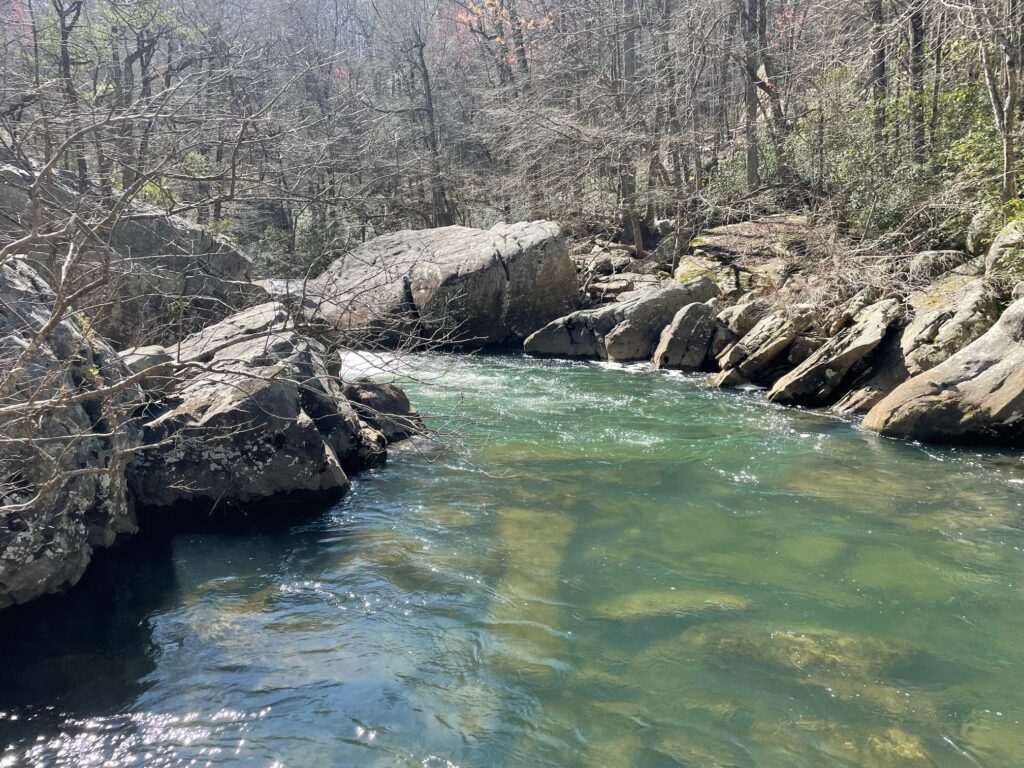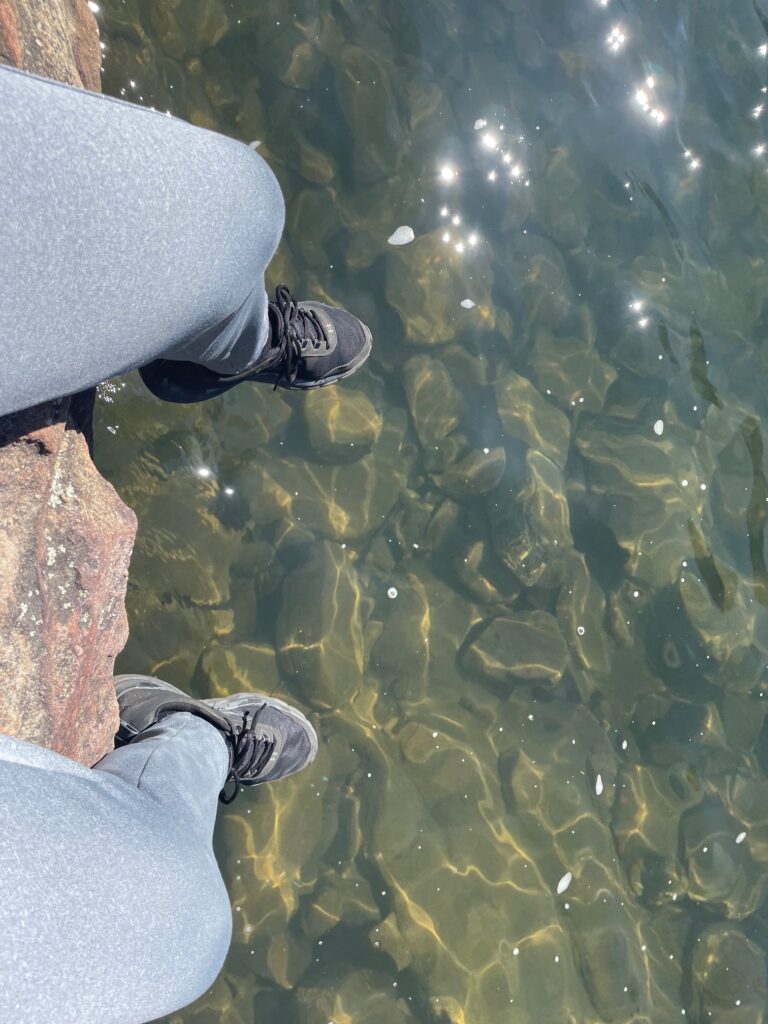
Leaders need to get lost sometimes. Nothing that requires a search and rescue mission…just temporarily lost! Getting lost means having no plan, no direction, and no structure.
If you have led for any period of time, I’m sure you may have been told to “get lost.” Just not in a good way! That is not the kind of getting lost I’m talking about.
Fort Payne, Alabama
Last Friday I had the opportunity to get lost. I ventured up to the Fort Payne, Alabama area. The city is the home to the Country Music Hall of Fame Band Alabama and is the “Sock Capital of the World.”
There are times in my world that busyness and burdens reign supreme. In those seasons my body, mind, and spirit just need a timeout. I need to get lost.
Here are some thoughts on the value of getting lost:
Be Still and Dream
My getting lost experience started with a long hike in Desoto State Park. The hike led me to a beautiful one-hundred-foot-tall waterfall. The massive force of water crashed into a crystal-clear lake below.
There are a lot of rocks in the park. I found a flat one right next to the water, took a seat, hung my feet over the edge, and forced myself to be still. In that stillness, my mind started to clear like the water below my feet. I sat there and dreamed of all the things in my world that could be.

If we lead, we are busy. Busyness can lead to clouded and congested minds. Things get so jumbled that it can be hard to see straight sometimes. Getting lost can help unjumble everything and create space to dream.
Be Impulsive
My nature is to be well planned. Normally, I would do research in advance, figure out the trail, and prepare. Not that day. I searched for a trailhead in my GPS and just went. No plan, no nothing (footnote: probably not the best idea and likely a good way to get actually lost!).
About halfway through the hike I saw a rock…a big rock. It looked climbable. My forty-two-year-old body hesitated, my inner child said, “do it!” So…I did it! The Vantage Point was spectacular. The plan would have kept me on the ground, my impulsivity created a better experience.
Leadership requires a good plan. Impulsive is not always a great strategy, but used in small doses can be freeing, creative, and challenging. Plans keep us on the path, but impulse can find new and innovative ways. Occasional impulsivity is healthy for the soul.
Wander
The best way to get lost is to wander.
I wrapped my day up with a visit to Downtown Fort Payne. Anytime I travel, I like to visit a city’s downtown. It’s always a reflection of the heartbeat of a community.
My wondering started with a visit to the most cluttered store I may have ever been in. It was full of vintage records, posters, CD’s, sports memorabilia, and a lot of other stuff. I could have literally gotten lost in there! I came away with some unopened packs of 1987 Donruss Baseball Cards.
From there, I went to a coffee shop, visited a museum, and had some good wings at a local restaurant for lunch.
Wandering is a distant cousin of impulsivity. The difference is intent. I desired to learn more about Fort Payne and its people. There was a plan, and it was to wander.
In leadership, how often do we wander? A great place for a leader to wander is hallways. It’s amazing what you can discover in those places. The best thing you can find there is your people, it’s how we keep the pulse of our organizations. Wander away in those spaces.
Conclusion
For me, getting lost was a hike that day. Sometimes it looks like a good book, a classic movie, a visit to the gym, smoking meat, gardening, fishing, or going to an Atlanta Braves game. We all have our versions of what getting lost looks like.
Getting lost can be therapeutic. Just don’t stay in the wilderness too long, our people need us. The organization needs us.
The process of getting lost is also a valuable opportunity to gain a better appreciation for what we have found in life.
So…get lost!